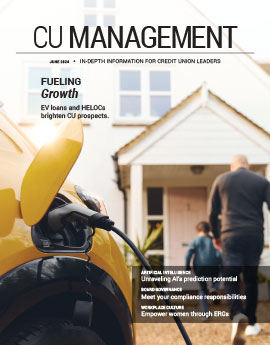2 minutes
From the editor
Have you ever used Uber or Lyft? These ridesharing companies came up daily in conversations and sessions at last month’s CEO/Executive Team Network™, with proud stories of leapfrogging a long taxi queue at the touch of a smartphone.
The companies are staffed by private citizens who earn money by driving others in their spare time. Drivers need a personal license, personal auto insurance and, for Uber specifically, “any mid-size or full-size four-door vehicle, in excellent condition.” Both companies operate via an app for scheduling rides and taking credit card payments (no cash), provide liability insurance and conduct extensive background checks on drivers.
Ridesharing, writes Tim McAlpine in his article, “The Sharing Economy,” is “disrupting established and regulated taxi and limousine business all over the world” as it provides primary or secondary income to vehicle owners or helps them cover their automotive costs.
It also offers a transportation alternative for a growing number of folks who don’t want, can’t afford, or don’t wish to take on the debt required to own a car. “Because of lower income and economic uncertainty, young adults [particularly] have pulled back on the reins of getting into long-term debt,” notes McAlpine, president and creative director of CUES Supplier member and partner Currency, citing a Pew Research Center study.
To get things they need to use—but not necessarily own—younger consumers are turning to a variety of “collaborative consumption” options not just for transportation but also music, leisure equipment, even housing.
While the concept of borrowing a tool or taking in boarders is not new, what makes this trend an economic model is scale and monetization. Web platforms expand availability beyond those you know, allow those who own to be paid for use of their items, and require personal accountability through peer review—so no returning a broken snow blower or offering up a filthy room for rent.
Related to financial services, collaborative consumption includes peer-to-peer lending and crowdfunding, “the practice of raising funds from two or more people over the Internet toward a common service, project, product, investment, cause or experience,” explains McAlpine, who also chairs $40 million Mt. Lehman Credit Union, Mt. Lehman, British Columbia.
Read more in his article, p. 40-41, then consider giving crowdfunding a whirl by supporting four enterprising 2014 CUES Next Top Credit Union Exec finalists as they raise funds to attend CUES’ CEO Institute in 2015. Visit www.gofundme.com/gt470s to help bring their dreams to life.
Mary Auestad Arnold
Editor and Publisher








